Publications
Articles, publications, books, tools and multimedia features from the U.S. Institute of Peace provide the latest news, analysis, research findings, practitioner guides and reports, all related to the conflict zones and issues that are at the center of the Institute’s work to prevent and reduce violent conflict.
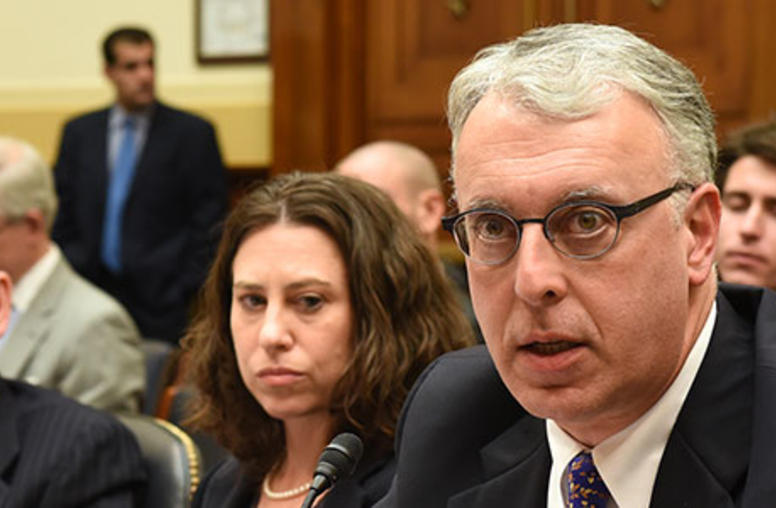
Next Steps for U.S. Foreign Policy on Syria and Iraq
Dr. Steven Heydemann, vice president of the Center for Applied Research on Conflict at the U.S. Institute of Peace, testifies before a House Committee on Foreign Affairs Subcommittee on Middle East and North Africa. More from Heydemann following his testimony, ”Integrated Iraq-Syria Strategy Needed to Defeat the Islamic State."
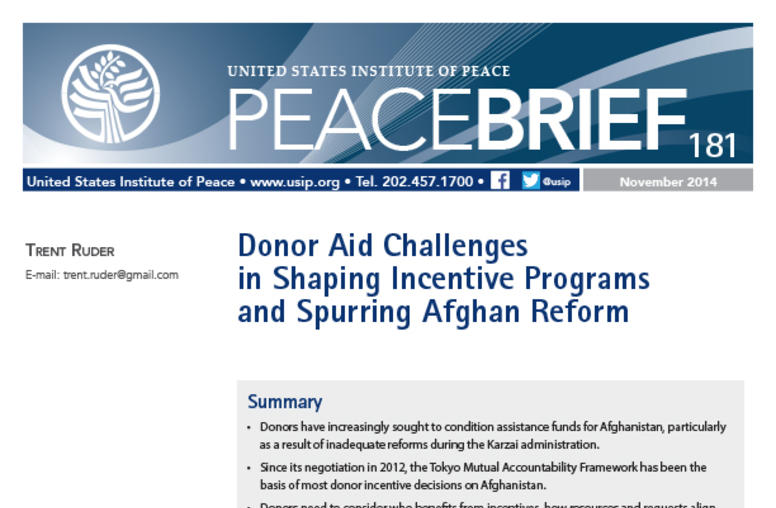
How to Spur Afghan Reforms: The Limits and Benefits of Incentives
Although not a magic bullet, incentive programming can help shape dialogue with the new Afghan administration. What are incentive programs? How do issues such as stakeholder participation, Afghan capacity and consequences of success or failure affect policy decisions for incentive programs? In addressing these questions, this PeaceBrief points the way to more effective incentive programming.
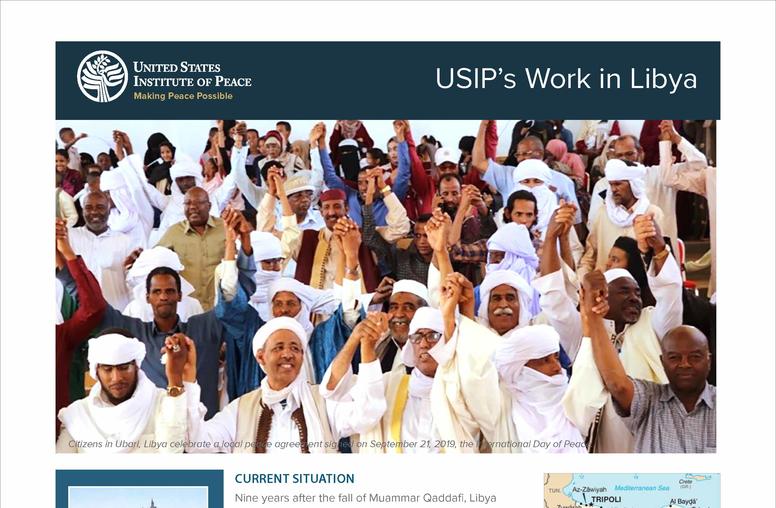
The Current Situation in Libya
Eight years after the fall of Muammar Qaddafi, Libya continues to struggle to end its violent conflict and build state institutions. External actors have exacerbated Libya’s problems by funneling money and weapons to proxies that have put personal interests above those of the Libyan people.
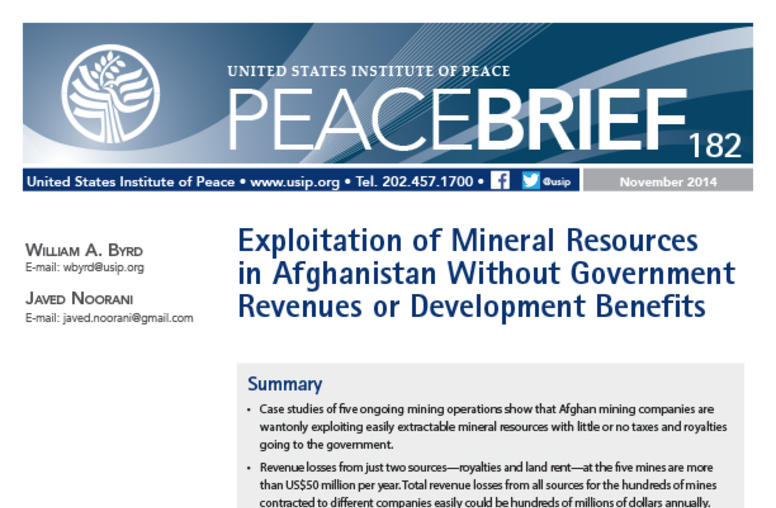
Exploitation of Mineral Resources in Afghanistan
Mining companies in Afghanistan are wantonly exploiting the country’s mineral resources with little or no taxes and royalties going to the government. Contracting of mines has been susceptible to political influence, there is little accountability and sometimes conflicts with local communities have led to violence and deaths. This Peace Brief examines these problems and offers some recommendations to improve the situation.
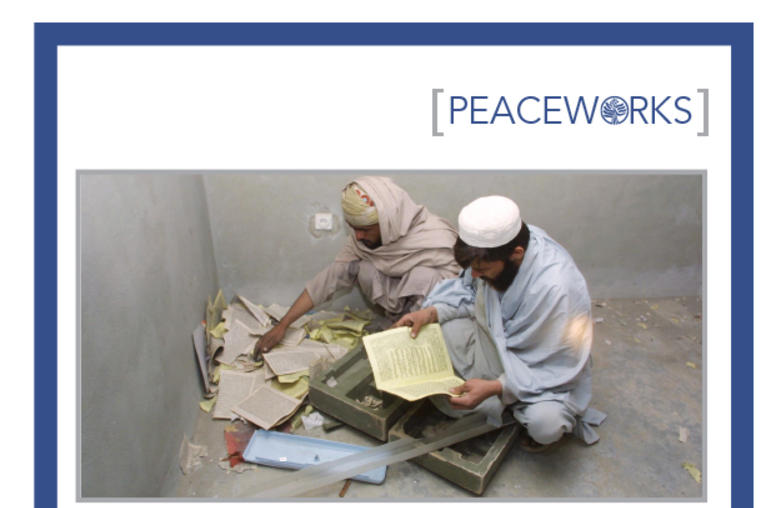
Rhetoric, Ideology and Organizational Structure of the Taliban Movement
This report examines the evolution of the Taliban case for armed struggle and the minimal adjustments Taliban rhetoricians made to cope with the impending political change in Afghanistan in 2014. It considers how the Taliban might make a case for peace, should they take the political decision to engage in negotiations.
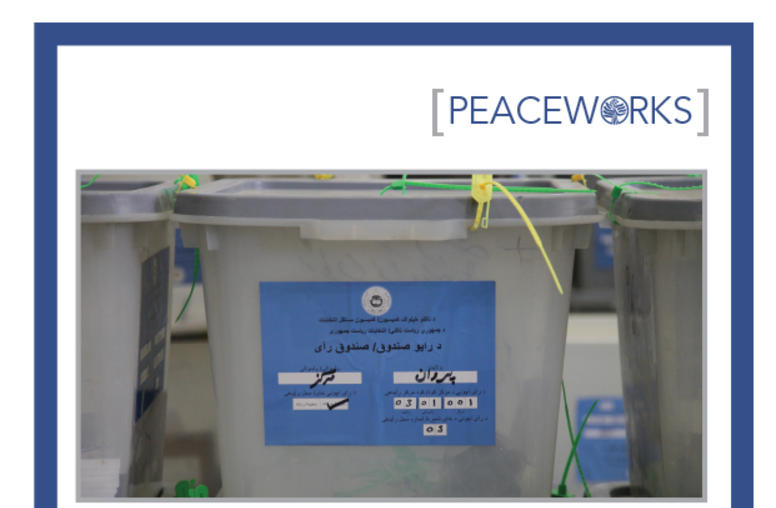
Violence, the Taliban, and Afghanistan’s 2014 Elections
This report sheds light on the controversial 2014 presidential election in Afghanistan through the murky lens of the Taliban. How did they view it? Was the violence as high as in previous elections? What were their strategies in the lead-up? How did it affect their image, if at all? What strategies are they adopting in its wake? Are they moving closer to Afghan mainstream politics, which for the most part is still made of strongmen, manipulation, and corrupt patronage networks rather than bas...
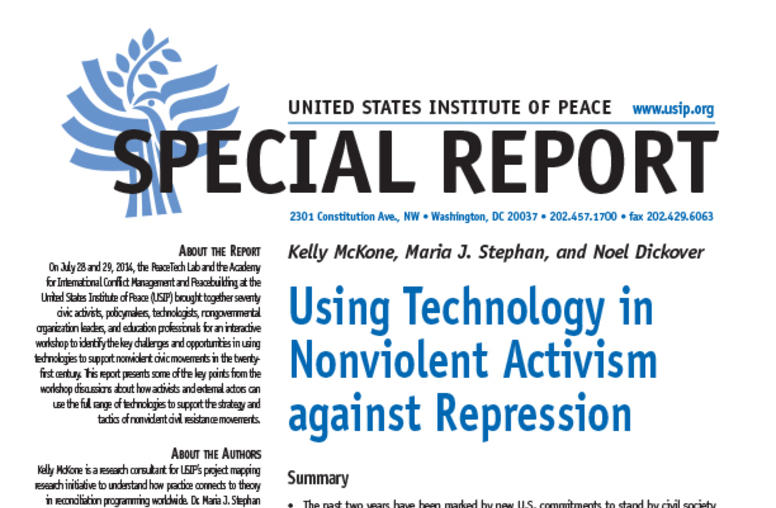
Using Technology in Nonviolent Activism against Repression
In an era of crackdowns on freedoms of peaceful assembly and association, what role can technology play in strengthening nonviolent civic mobilization? How can activists strategically apply the full range of technologies to build and sustain movements where the options for nonviolently resolving conflicts are diminishing under increased repression? Informed by discussions from a USIP workshop, this report explores avenues for engagement between activists and external actors to use technology ...

The Islamists: Turmoil and Transformation
Islamists have produced tectonic political shake-ups across the Middle East, with a rippling effect world-wide. Islamists now take many forms, from moderates in Tunisia to militants in the Islamic State. Together, the disparate factions have arguably altered the Middle East more than any trend since the modern states gained independence over the past century. They have redefined politics and even borders.
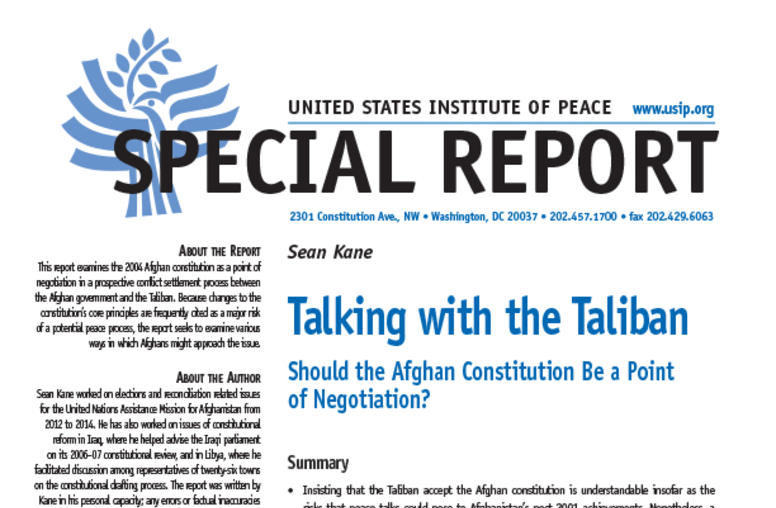
Talking with the Taliban
Drawing on the comparative experiences of governments negotiating with insurgencies in the Philippines, Myanmar, and Colombia, as well as a detailed examination of the Taliban’s possible constitutional demands, this report examines the 2004 Afghan constitution with respect to its potential inclusion in peace talks between government and Taliban leaders. It argues that, if the issue is handled carefully and with strategic intent, the Afghan government may be able to seize the political high gr...
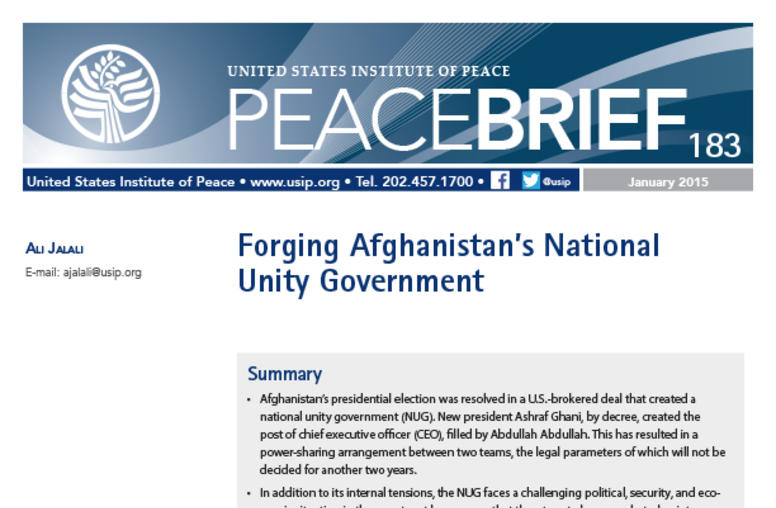
Forging Afghanistan’s National Unity Government
Afghanistan’s presidential election was resolved by a U.S.-brokered deal that led, ultimately, to a power-sharing arrangement within the new national unity government. This has set up tensions within the government—even as Afghanistan’s leaders face an uncertain political, economic, and security situation across the country, as international financial and military support draws down. The formation of the new government, however, also presents opportunities for serious reforms of Afghanistan’s...